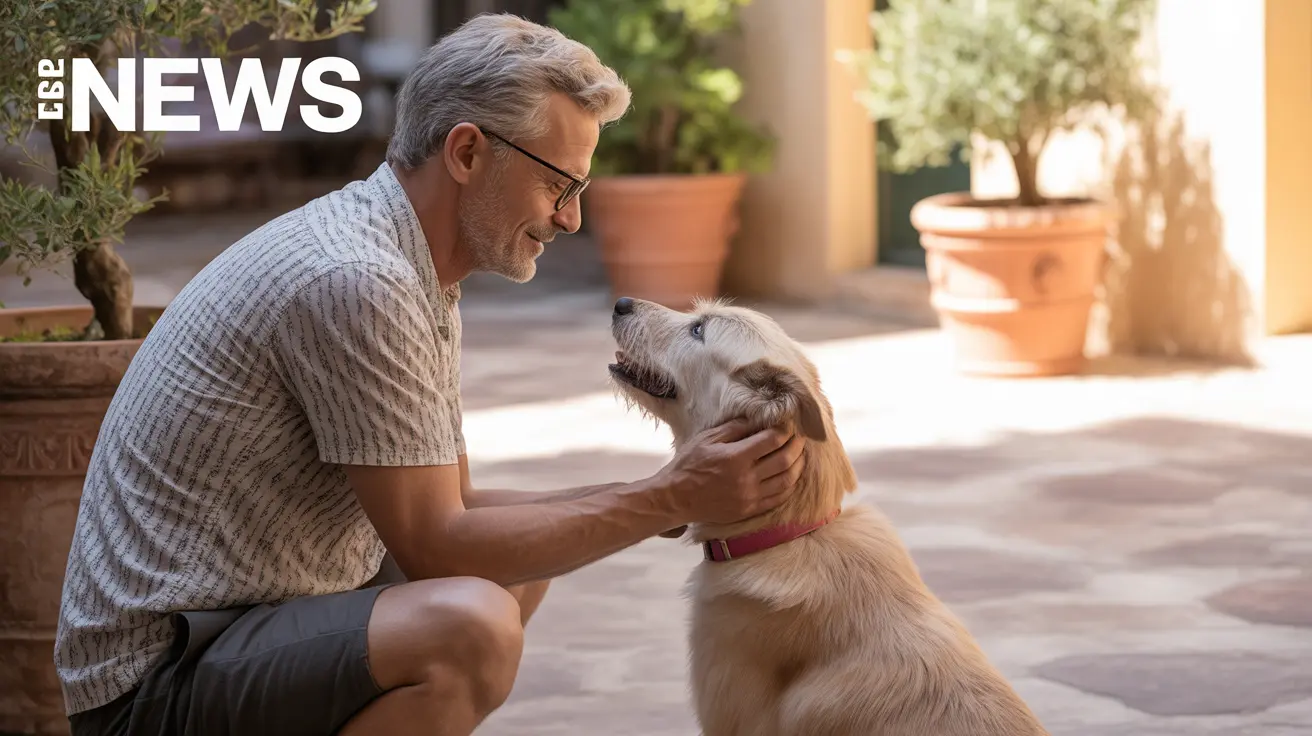A prominent animal shelter in Darwin, Northern Territory, has come under fire for failing to provide promised desexing services to newly adopted pets. PAWS Darwin, a local pet re-homing organization, is facing criticism from pet owners who paid for desexing procedures as part of their adoption fees but did not receive the service.
This situation has raised concerns about transparency and accountability in animal welfare organizations, particularly regarding essential services that directly impact pet population control and animal health. The incident has drawn attention to the importance of clear communication between shelters and adopters about included medical services.
Understanding the Desexing Controversy
The core issue centers around PAWS Darwin's adoption process, where desexing fees were reportedly included in the total adoption cost. However, multiple pet owners have come forward stating they did not receive the promised services despite having paid for them upfront. This oversight has left many adopters unexpectedly out-of-pocket and concerned about their pets' welfare.
Impact on Pet Overpopulation Prevention
The failure to provide timely desexing services can have significant implications for pet population control in the Darwin region. Desexing is a crucial component of responsible pet ownership and plays a vital role in preventing unwanted litters and reducing the strain on animal shelters.
Animal Shelter Transparency and Accountability
This incident highlights the need for clear protocols and accountability measures within animal welfare organizations. When adopters pay for specific services, particularly medical procedures like desexing, shelters must ensure these services are delivered promptly and efficiently.
Best Practices for Pet Adoption Services
While this specific case involves PAWS Darwin, it serves as a reminder for all potential pet adopters to:
- Get all included services in writing
- Request detailed receipts for paid services
- Maintain records of all adoption-related communications
- Verify completion dates for promised medical procedures
The Importance of Mandatory Desexing
Although not legally required throughout the Northern Territory, many shelters and councils recognize desexing as a crucial aspect of responsible pet ownership. This practice helps:
- Control local pet populations
- Reduce the burden on animal shelters
- Prevent unwanted breeding
- Improve pet health and behavior
Cost Considerations and Pet Owner Rights
When adopting from any shelter, understanding the full scope of included services and their associated costs is essential. Pet owners should be aware of their rights and the shelter's obligations regarding pre-paid services.
Frequently Asked Questions
What should I do if my adopted pet wasn't desexed as promised?
If your pet was not desexed despite paying for the service, contact PAWS Darwin directly for clarification and request proof of desexing or a refund. You may also seek veterinary confirmation and keep records in case you need to escalate the issue to local authorities or animal welfare regulators.
Why is desexing important when adopting a dog or cat from a shelter?
Desexing prevents unwanted litters, reduces pet overpopulation, lowers euthanasia rates, and can improve pets' health and behavior, which benefits animal welfare overall.
How can I verify that desexing and other medical services were completed before adopting a pet?
Always ask shelters for written documentation including veterinary records confirming desexing, vaccinations, microchipping, and any other medical treatments included in your adoption fee before finalizing the adoption.
Moving Forward
This situation serves as an important reminder for both animal shelters and potential adopters to maintain clear communication and documentation throughout the adoption process. For shelters, maintaining professional standards and fulfilling promised services is crucial for building trust within the community. For adopters, conducting due diligence and keeping detailed records can help ensure a smooth adoption experience.
The ultimate goal remains ensuring the welfare of adopted pets while maintaining the integrity of animal shelter operations. Through proper oversight and accountability, organizations can better serve both the animals in their care and the families who choose to adopt them.






